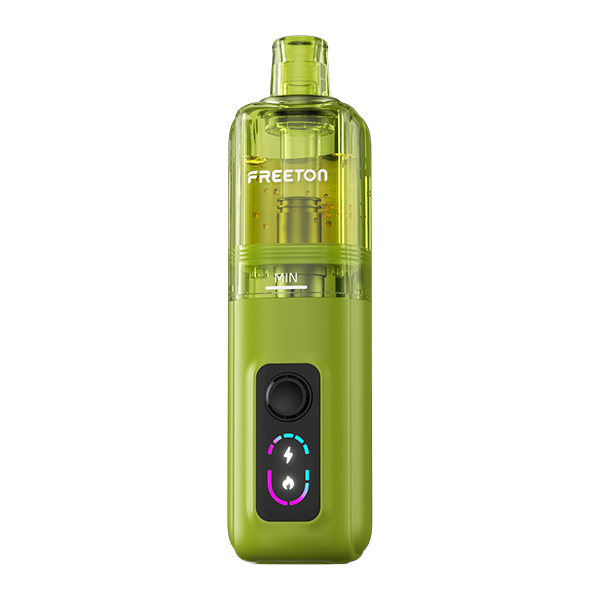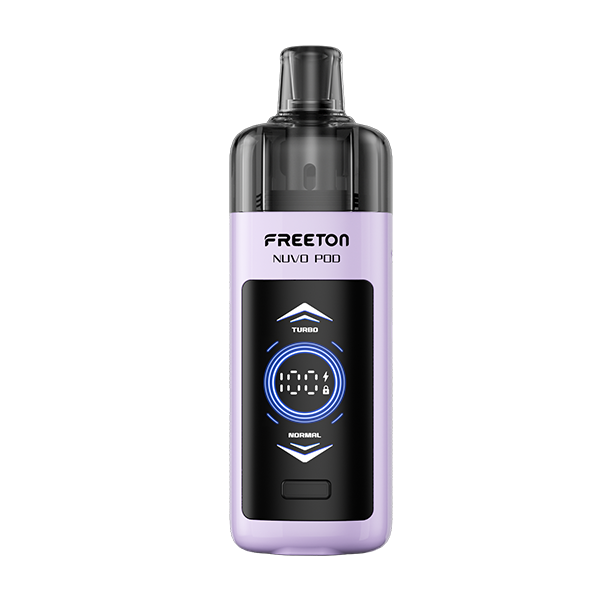
What are the health risks of vaping compared to smoking cigarettes? As the debate around vaping and smoking continues to rage, it's increasingly important to understand the potential health risks of each. Although vaping has been marketed as a healthier alternative to smoking cigarettes, research suggests that vapes may not be as safe as they […]
What are the health risks of vaping compared to smoking cigarettes?

As the debate around vaping and smoking continues to rage, it's increasingly important to understand the potential health risks of each. Although vaping has been marketed as a healthier alternative to smoking cigarettes, research suggests that vapes may not be as safe as they appear. In this blog post, we'll discuss what the scientific evidence says about the health risks of vaping compared to smoking cigarettes.
When understanding the differences between vaping and smoking, it is essential to note that both involve inhaling substances into your lungs. However, there are several significant differences between e-cigarettes and traditional cigarettes. Traditional cigarettes contain over 4,000 toxic chemicals, including formaldehyde and arsenic, while e-cigarettes rely on flavored e-liquids from propylene glycol (PG) or vegetable glycerin (VG). When used in food products, PG and VG are generally considered safe, but their long-term effects, when inhaled, have yet to be studied extensively.
Another critical difference between traditional cigarettes and e-cigarettes is nicotine levels. Traditional cigarettes often contain higher amounts of nicotine than most vapes; however, some vape juices can have up to 18mg/ml of nicotine, comparable to a cigarette with an average nicotine content of 12mg/ml. As such, both traditional cigarettes and vapes pose a significant risk for addiction due to their high nicotine levels.
Regarding the potential health risks associated with vaping compared to smoking cigarettes, there is still much debate among experts, as multiple studies have found conflicting results. Some studies suggest that vaping poses fewer health risks than traditional cigarettes due to their lower levels of toxins; however, other studies have indicated that long-term use of vapes can still lead to respiratory issues such as coughing or wheezing due in part to their PG/VG base ingredients leading to inflammation in the lungs over time. Additionally, recent research suggests that vape users may experience increased inflammation in the heart tissue due to their exposure to flavorings used in many e-liquids, which has caused concern among experts regarding its potential cardiovascular effects when used over extended periods.
Overall, while more research is needed to understand all the potential health risks associated with vaping and smoking traditional cigarettes, it seems clear that neither option should be considered entirely safe for long-term use. When considering whether or not you should choose one over the other, always remember that the best choice for your health is usually not using either!
How do vapes work, and what are the benefits to them
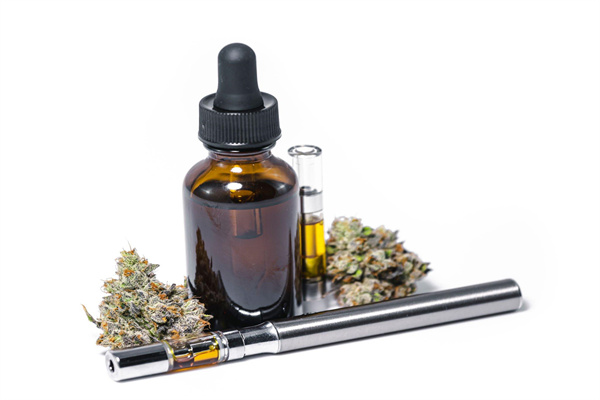
Vaping has become increasingly popular over the years, especially among younger generations. But what exactly are vapes, and how do they work? And are vapes worse than cigarettes? In this article, we'll discuss the basics of vaping and the potential benefits that it may bring.
At its core, a vape is an electronic device that uses heat to vaporize a liquid or concentrate. The vaporized liquid is then inhaled by the user, providing a nicotine hit similar to that found in cigarettes. This means vapes can deliver nicotine without burning tobacco, making them far less damaging to your health than cigarettes.
Vapes typically consist of four main components: a battery, an atomizer (which heats the juice), a tank (which holds the fluid), and an e-liquid (the liquid being heated). When you press the button on the device, it activates a heating element that rapidly heats the e-liquid contained in the tank. This produces an aerosol-like vapor drawn through an inhalation chamber before the user inhales.
So are vapes worse than cigarettes? According to research, vapes are 95% less harmful than conventional cigarettes due to their lack of combustion and tar content. Furthermore, newer devices such as pod systems provide an even smoother delivery with fewer toxins making them even safer than traditional devices.
But beyond their low health risk profile, there are many other benefits associated with vaping over smoking cigarettes: It's cheaper – Vaping costs significantly less than smoking; It's more discreet – Since there isn't any smoke involved, you don't need to worry about bothering people around you; You can customize it – With so many different flavors and types of e-liquids available you can create any experience you want; You get better control – With modern devices, you can adjust power output for more enormous clouds or tighter draws depending on how much nicotine you want; Finally, there's no smell! No more smoky smell lingering on your clothing or furniture!
In conclusion, we can see that while vapes still contain nicotine and should not be used as a complete substitute for quitting smoking altogether, they offer significant benefits over conventional cigarettes. Not only do they produce fewer toxins, but they also allow users to customize their experience and save money compared to traditional smoking products. Therefore if used responsibly, they can be a great way for smokers looking for alternatives to reduce the harm associated with cigarette use while still satisfying their craving for nicotine.
What kind of chemicals are in vape liquids
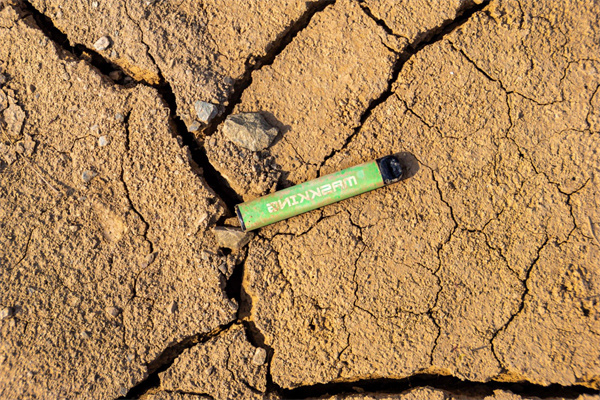
Vaping has become increasingly popular in recent years, with people of all ages turning to e-cigarettes and vape pens as an alternative to traditional cigarettes. Many assume vaping is healthier than smoking conventional cigarettes due to the lack of tar and other known carcinogens; however, we can't realize that there are still chemicals in vape liquids that cothatotentially cause harm. In this blog post, we'll discuss what chemicals are in vape liquids and whether or not they're worse than traditional cigarettes.
What Chemicals Are In Vape Liquids?
Vape liquids typically contain a few common ingredients: propylene glycol and vegetable glycerin (PG/VG), flavoring agents, optional nicotine (depending on the product), and water. PG/VG are the main ingredients used to create a vapor when heated up by the device; they make up anywhere from 80-90% of the solution. Depending on the brand, flavor agents can be either natural or artificial; some may even include extracts from fruits and vegetables for a more natural taste. Nicotine levels vary depending on the product, but most range from 0-3mg per ml.
Are Vapes Worse Than Cigarettes?
The short answer is: it depends. While some studies suggest certain chemicals found in vape liquid can be hazardous when inhaled over time, others show that vaping may still be less harmful than smoking traditional cigarettes – especially when switching from a high nicotine concentration to a lower one. Ultimately it comes down to personal preference; if you already smoke traditional cigarettes but want to change to vaping to reduce your nicotine intake, it may be worth considering. However, if you don't already smoke, you should avoid starting, as this could have long-term effects on your health.
Conclusion
Vaping has become increasingly popular due to its potential health benefits compared to tonal cigarette smoking; however, we can't realize that there are still chemicals in vape liquids that could cause harm over time. To understand these chemicals, we discussed what ingredients are typically found in vape liquids and whether they can be considered worse than conventional cigarettes. Ultimately it comes down to personal preference; if you already smoke traditional cigarettes but want to switch over to vaping as a way of reducing your nicotine intake, then it may be worth considering; however, if you don't currently smoke, then avoid starting altogether for better health outcomes in the long run.
Are there any long-term risks associated with vaping
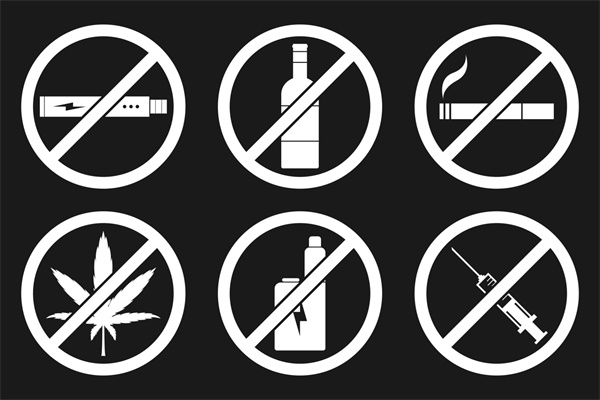
Vaping is becoming increasingly popular as an alternative to smoking, but there are still questions about its long-term health risks. Vape pens contain nicotine, which is known to be addictive and can have adverse effects on the cardiovascular system. Additionally, some flavored liquids used in vape pens contain chemicals that can be harmful when inhaled.
So, are vapes worse than cigarettes? There's no definitive answer yet because there hasn't been enough scientific research done on the topic. However, some factors suggest vaping may be less harmful than traditional cigarette smoking. For instance, cigarette smoke contains tar and other carcinogens that aren't present in e-cigarette vapor. Additionally, e-cigarettes don't produce secondhand smoke like traditional cigarettes do.
Still, vaping poses potential health risks due to the chemicals in nicotine liquids and flavorings used in vape pens. Some of these chemicals have been linked to lung damage and respiratory problems when inhaled over long periods. There is also evidence that nicotine consumption affects brain development in adolescents and young adults, so it may not be a good idea for kids or teens to use vape pens regularly.
Ultimately, more research must be done before we can definitively say whether vaping is safer than traditional cigarettes. In the meantime, if you choose to vape, it's essential to monitor your daily consumption and pay attention to any changes in your health or physical condition after using a vape pen for an extended period. After frequently vaping, you should talk to your doctor immediately if you experience any unusual symptoms, such as chest pain or shortness of breath.
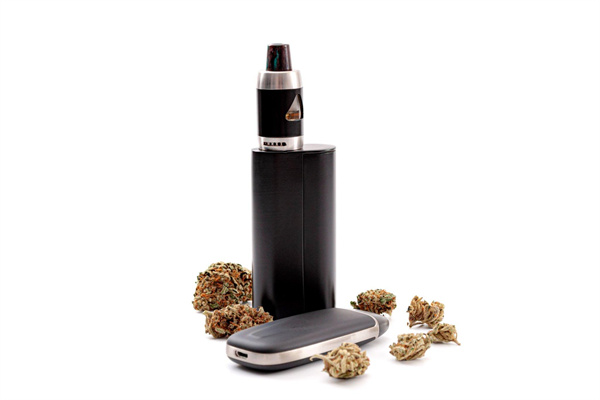
Vaping has become increasingly popular in recent years, especially among teenagers, as an alternative to smoking cigarettes. However, it is essential to note that vaping risks your health, and steps should be taken to reduce the potential for developing health problems. This blog post will discuss how to reduce your risk of vaping-related health problems, focusing on whether vapes are worse than cigarettes.
First and foremost, it is essential to understand that all tobacco products pose a significant risk to your health. While some may think vapes are less harmful than cigarettes because they contain fewer chemical compounds than traditional cigarettes, this is not necessarily true. Studies have suggested that vaping can still be linked with various potential health problems, such as airway irritation and inflammation, cardiovascular issues, and an increased risk of developing lung diseases such as bronchiolitis obliterans (Popcorn Lung).
Fortunately, you can take several steps to reduce your risk of experiencing adverse health effects related to vaping. For example:
• Avoid using flavored e-cigarettes or devices with higher levels of nicotine – many vape flavors contain chemicals that research has suggested could increase the likelihood of developing respiratory infections or chronic illnesses. Similarly, e-cigarettes which contain high levels of nicotine, can make you more likely to develop cardiovascular issues over time;
• Ensure that all batteries in devices used for vaping are properly charged – malfunctioning batteries in specific instruments used for vaping can lead them to overheat or even explode;
• Only buy your e-cigarettes from well-known vendors – counterfeits and low-quality products often contain unregulated amounts of toxic ingredients;
• Avoid smoking in closed environments – smoking indoors increases the concentration of pollutants in the atmosphere, making it more likely for you to develop lung-related illnesses like bronchiolitis obliterans (Popcorn Lung).
Ultimately, it is impossible to eliminate all the risks associated with vaping completely, but understanding what those risks are and taking steps such as those outlined above will help reduce any potential harm caused by using vapors. Vaping may be perceived as less harmful than traditional cigarette smoking. Still, studies suggest otherwise — so it's best to look at both options equally when considering our long-term health outcomes.





























